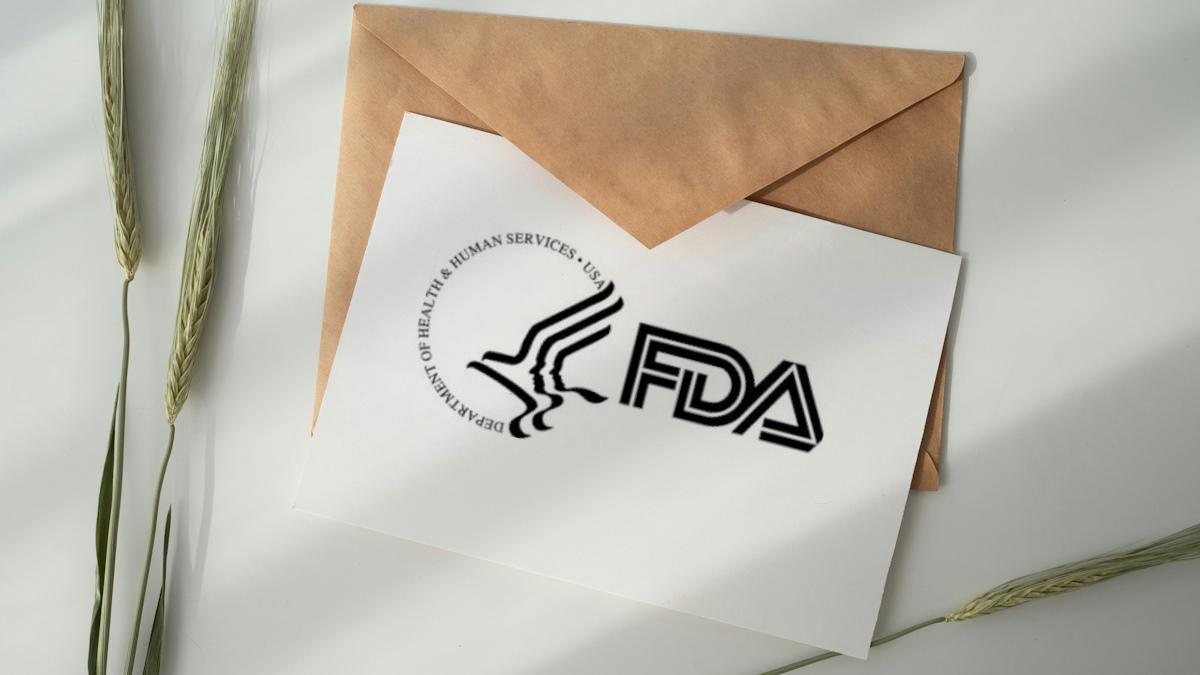Antibiotics plan could fuel more drug resistance, warns UK biotech

An ambitious plan to stimulate the development of new antibiotics via a global fund could fall into the trap of creating new drug resistant strains of bacteria, the UK biotech industry has warned.
Experts are warning that the world faces an 'antibiotic apocalypse' over the coming decades, as more and more infections resistant to existing antibiotics emerge. There is a consensus that new antibiotics have to be developed, but also that greater 'stewardship' is needed to ensure that new and existing treatments are not misused, a chief cause of drug-resistant strains emerging.
However there is no such consensus on how to tackle such a complex, global problem.
Former Goldman Sachs economist Jim O'Neill is currently spearheading the Review on Antimicrobial Resistance (AMR), sponsored by the UK government and the Wellcome Trust. O'Neill is suggesting a global fund of $16-37 billion per decade, which he hopes would stimulate around 15 new drugs over that period, including novel and 'breakthrough' treatments.
O'Neill is currently in the US, aiming to drum up support for the groundbreaking plan, and says it is meant to complement a market-driven pipeline of drugs, not replace it.
But big questions remain about whether this huge global undertaking can be funded and co-ordinated, and some question whether it is preferable to a market-led solution.
Among the doubters is the UK biotech industry association (BIA), which yesterday warned that the current plan is flawed. It says existing market forces could be harnessed, along with new incentives, rather than creating a potentially cumbersome global body to incentivise research and regulate use of drugs.
It also says the O'Neill suggestion that the development of four new classes of antibiotics – two broad spectrum and two narrow spectrum – is not enough to tackle the problem.
The BIA response has been drafted by Discuva, a UK research-based company working in the field. The Cambridge-based company is focused on creating 'next generation' drugs to target new emerging 'superbugs', including a collaboration with Roche.
John Wain is Professor of Microbiology, University of East Anglia and Chief Scientific Officer at Discuva and, with David Williams, chief executive of Discuva, has set out an alternative model.
They say a more market-led approach could create a continuous supply of narrow spectrum antibiotics (those targeted at specific bacteria as opposed to 'broad spectrum' drugs) in combination with a new generation of rapid diagnostics to help identify infections at the point of treatment.
The O'Neill plan involves a new global body to co-ordinate use of antibiotics, and would be funded by countries who agree to only use the new treatments against infections where resistance is already a problem.
Wain and Williams say the O'Neill plan as it stands does not represent good stewardship.
"[This] in fact represents more of the same and will encourage further drug-resistance owing to the sequential use of these antibiotics."
Instead they say a continuous supply of narrow spectrum antibiotics coupled to rapid diagnostics to inform treatment is the answer.
"[This] could be supported by a free market remuneration model. Such a strategy, combined with incentives and reasonable pricing for combination therapy, would allow us to change from empirically-driven antibiotic monotherapy, where resistance spreads like wild fire, to a more diverse and informed approach where protection from resistance is controlled locally."
Steve Bates, chief executive of the BIA welcomed the O'Neill review highlighting the AMR problem, but expressed concerned about how a new global body could effectively incentivise R&D and regulate antibiotics use.
"We want to ensure that any new economic model is based on an informed stewardship, not restrictive stewardship, approach," he said.
The views of Discuva are likely to reflect a widely-held scepticism within pharma and biotech about creating a global fund, which would offer a 'prize'of up to $3 billion for any new antibiotic approved.
O'Neill has made it clear that his recommendations are not yet finalised, and wants to build a consensus about the best way to address the complex problem. Nevertheless, he believes that the current market for antibiotics is 'broken', and that R&D and incentives need to be co-ordinated in order to address the growing threat to global public health.
The prize sum would allow the 'de-linking' of profit from volume of sales, which means new antibiotics could be preserved as a last line of defence. However the plan needs the financial backing of nations around the world, and is also looking for pharma industry funding for a $2 billion 'blue skies' research fund.
Despite differences of opinion about the global fund, O'Neill is also convinced that developing new rapid diagnostics is key – he said last week this could be the single biggest 'game changer' in the field.
O'Neill and his team continue their tour of the US, moving on from the BIO conference in Philadelphia to a meeting today with Senators, public health leaders and pharma and biotech executives in Washington.
The Review on AMR will produce its final report to the UK Prime Minister David Cameron, including recommendations for global solutions, by the spring of 2016.
Related article
O'Neill calls on America's big pharma to bankroll antibiotics research











